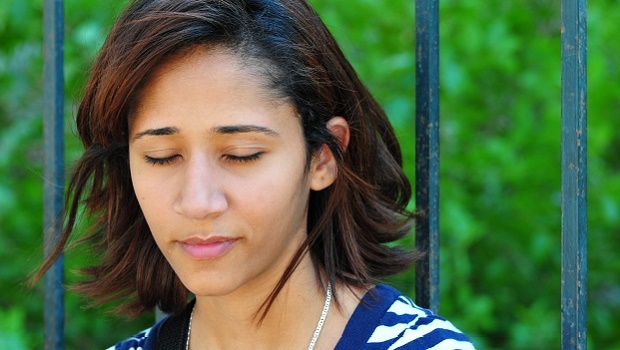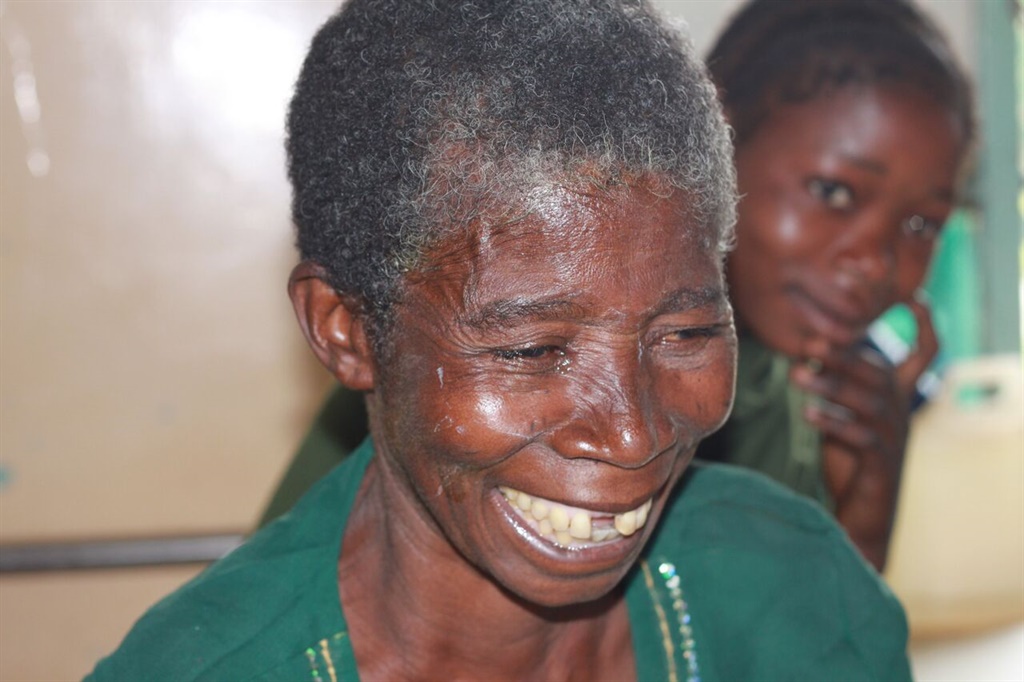
Angela Sankisa looks after five grandchildren.
And, apart from her beautiful hands that are like a map of the passage of time, there is one fundamental tool she can’t manage without: her sight.
The 75-year-old is like a pillar of strength in her family.
Like many grandmothers, her wisdom and strength and capacity to love are a major part of what keeps her family going.
So, when she lost her sight for 10 months before getting the help she needed, her family was deprived of the crucial role that she plays.
Suddenly, she was the one who needed help with everything.
If the eyes are the window to the soul, they are also the window onto the enormous role that women (mothers and grandmothers alike) play in communities in Africa.
That is why it is everybody’s business that women are more vulnerable to blindness than men.
Did you know that in Africa, women are 1.4 times more likely to go blind than men?
Or that 57% of the vision-impaired in South Africa are women?
In several African countries, twice as many women as men have cataracts.
With all the wisdom and courage in the world, eye health conditions are a major setback for women – especially because the chances of receiving appropriate healthcare are also reduced by the fact that they are women.
For example: in many countries in the region, men are 1.7 times more likely to have their cataracts surgically removed than are women.
If women had the same access, cataract blindness would be reduced by 12%, and a great many women would be released from the darkness that someone like Angela had been living in while trying to play her important role in her family and community.
Ten months passed between Angela’s diagnosis and her getting help. Why? Because she didn’t have transport.
She only got to the Orbis funded eye clinic because her family eventually decided that they would take two bicycles all the way from their small Zambian village to the bigger town where the district hospital is.
We only know Angela’s story because it has a happy ending. There are countless others needlessly suffering from blindness.
In sub-Saharan Africa, it can be a vicious cycle for many such women: many lack the knowledge of what type of treatment is available. Then, even if they have that knowledge, they often can’t leave home to get that treatment because so many people are relying on them for care and nurturing.
Then, if they do manage to leave the home to seek help, transport costs are a barrier.
All this often takes place in a socio-cultural context where women are unable to make decisions for themselves and their families because of power structures.
Yet, often, the provision of spectacles or suitable treatment is what keeps a woman able to put food on the table and make sure the children attend school.
This means that when women are left without treatment, it has a domino effect on other family members.
When existing structures are relied upon in an effective way, a great many women can seek the eye health they need.
When they get the help they need, preventable blindness can be stopped in its tracks.
When their sight is saved or restored, their ability to hold the community together and nurture the children is upheld.
And when that happens, everybody wins.
It takes a village to be bold for change!
Helen White works for Orbis, an incredible international non-profit based in Cape Town that equips healthcare professionals in Africa to fight blindness.




 Publications
Publications
 Partners
Partners












